Free Chatbot Image Generator
Just imagine, and we'll instantly return a variety of personalized Chatbot images—designed to bring your creativity to life!
- 4:3
- 3:4
- 1:1

image.state.default
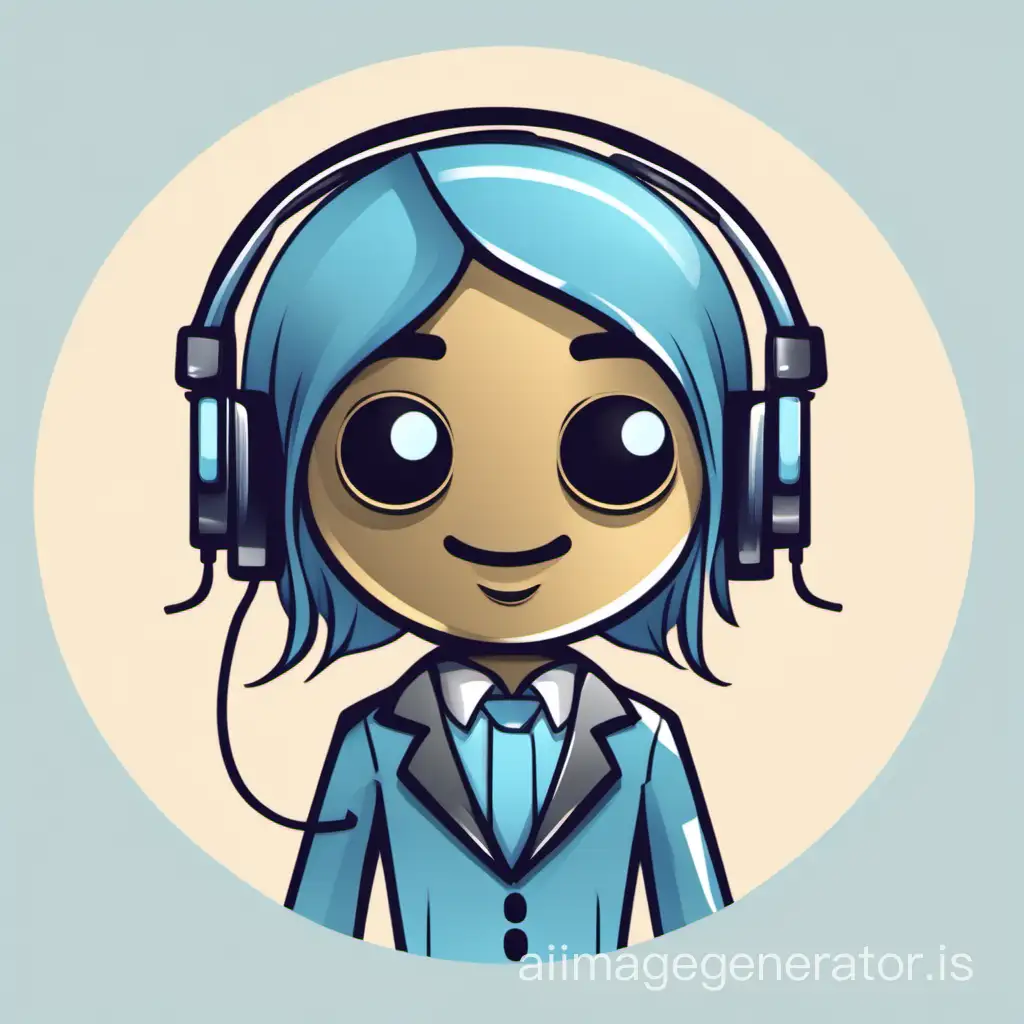
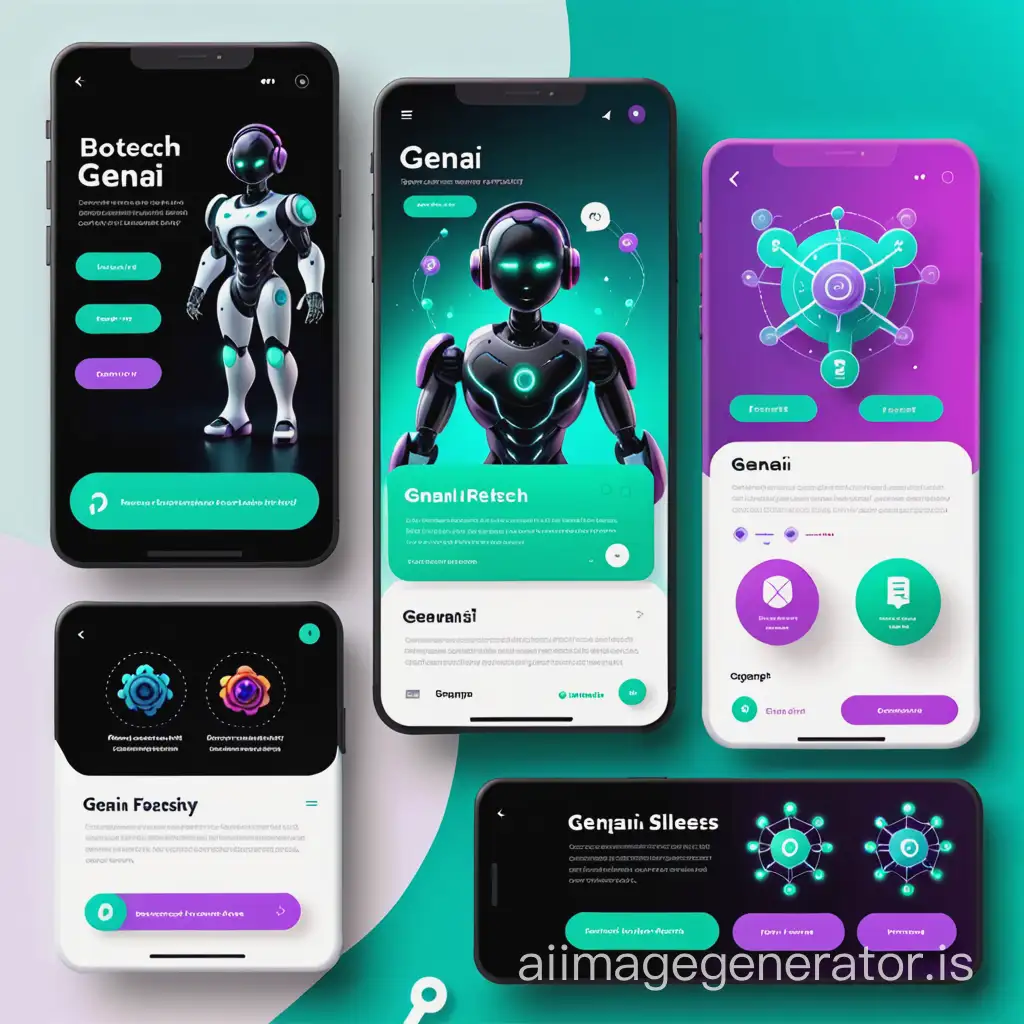
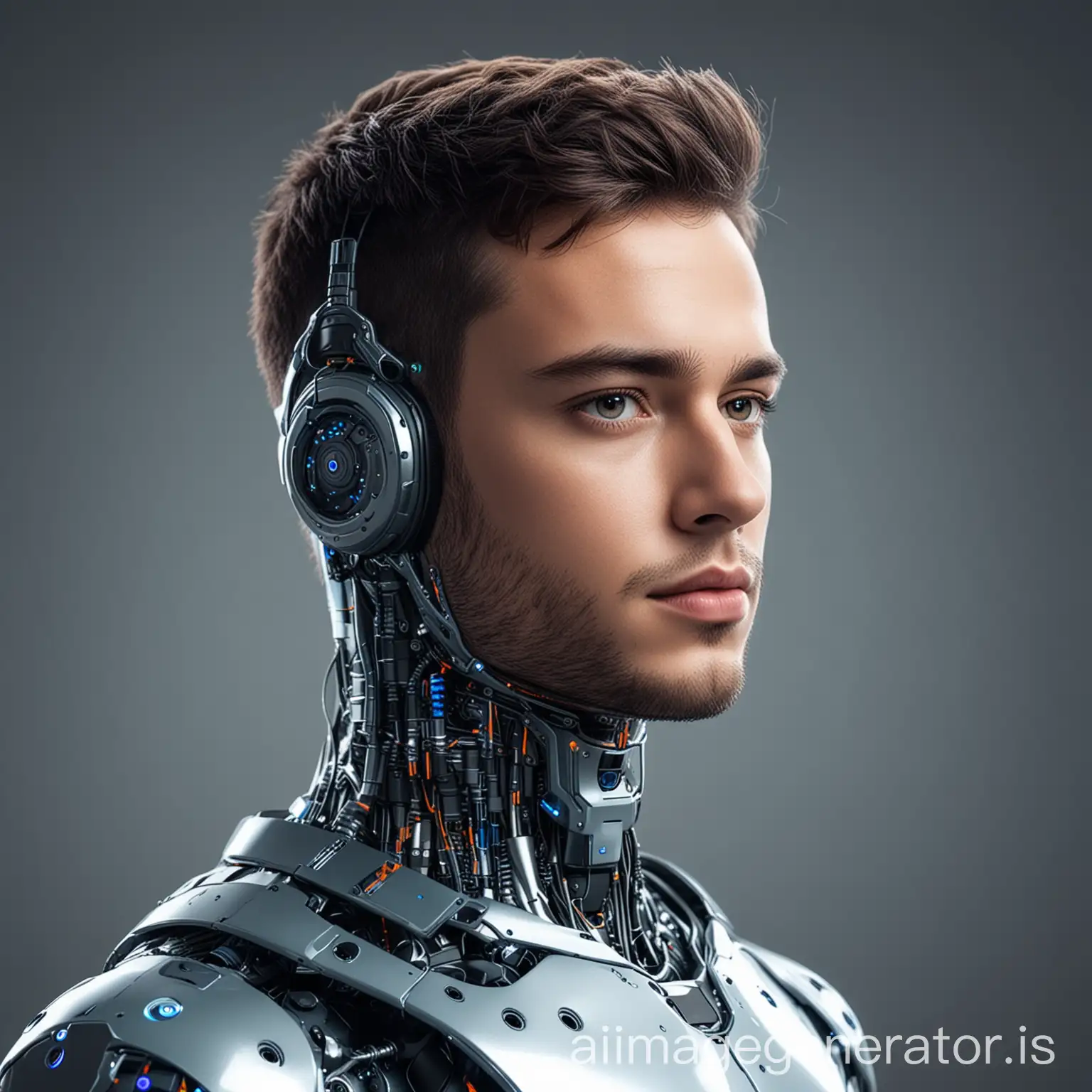
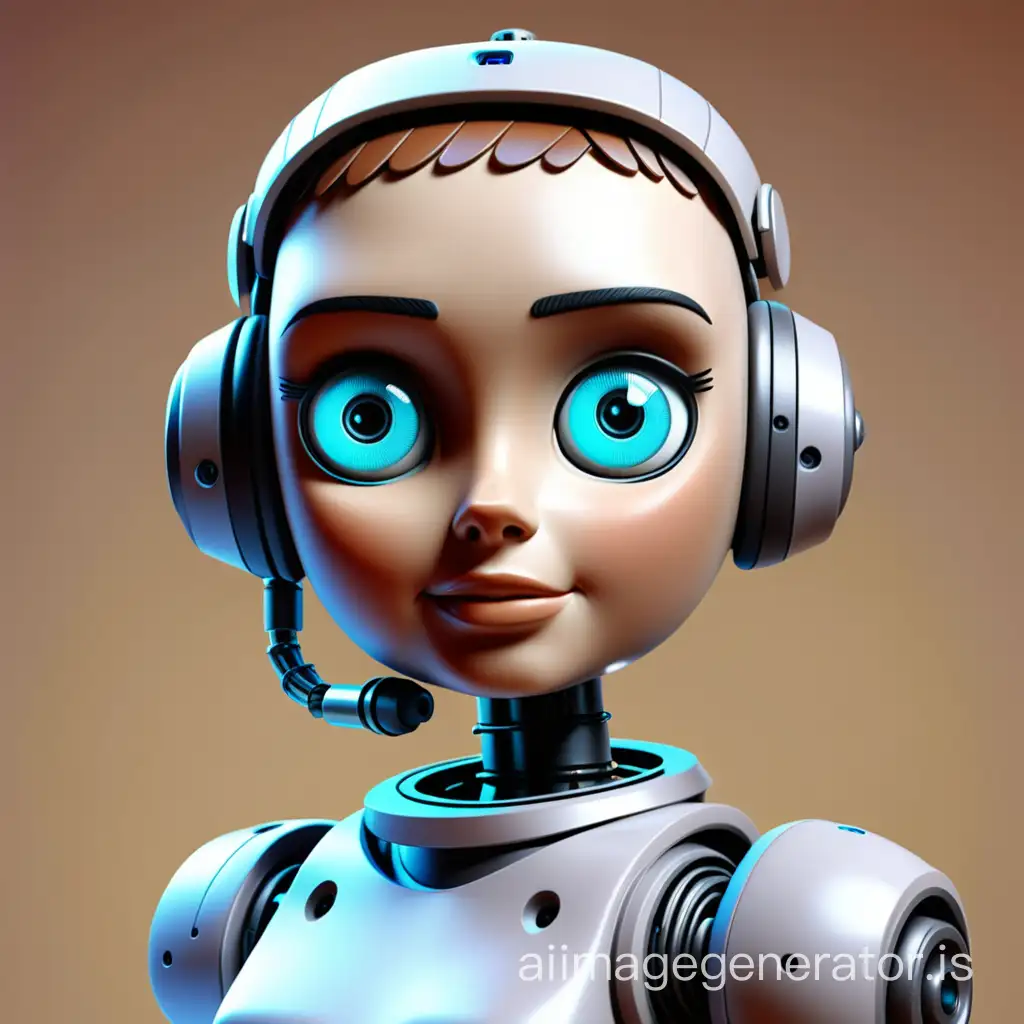
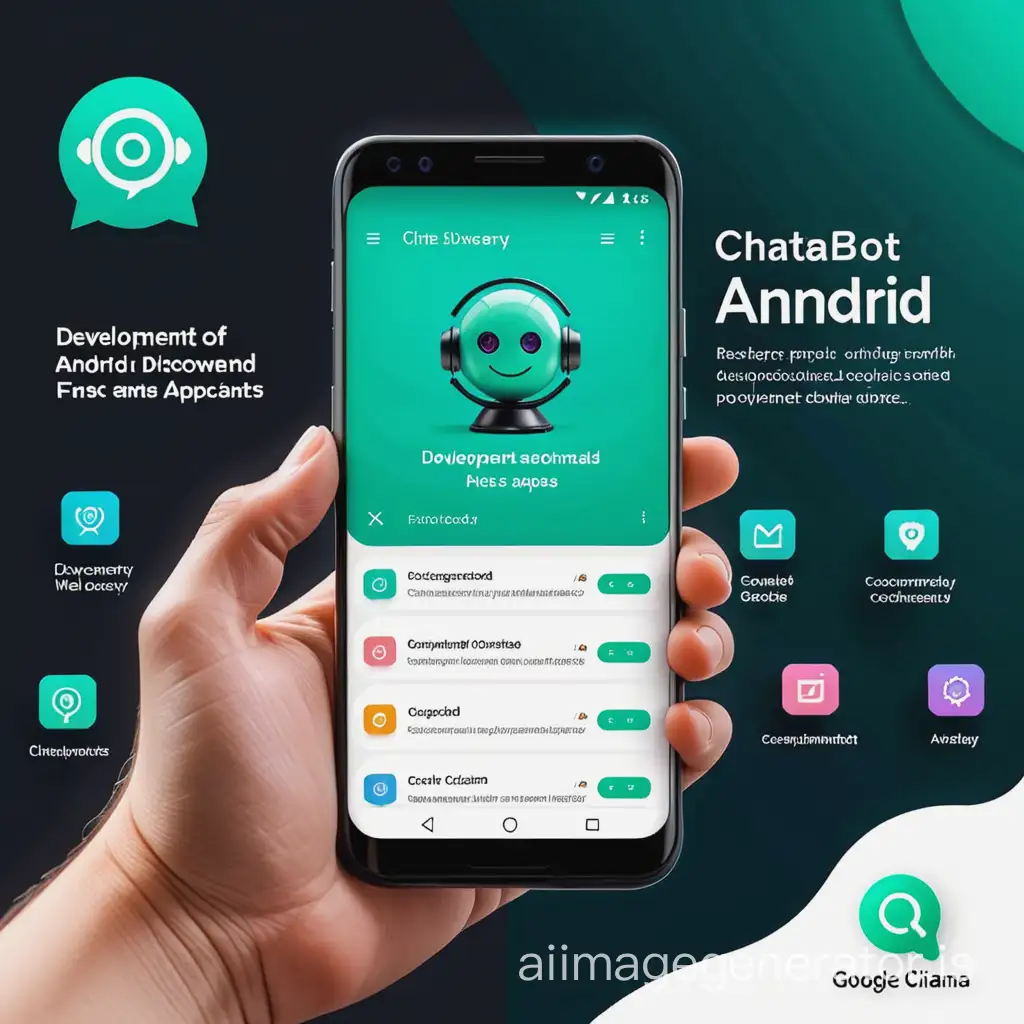
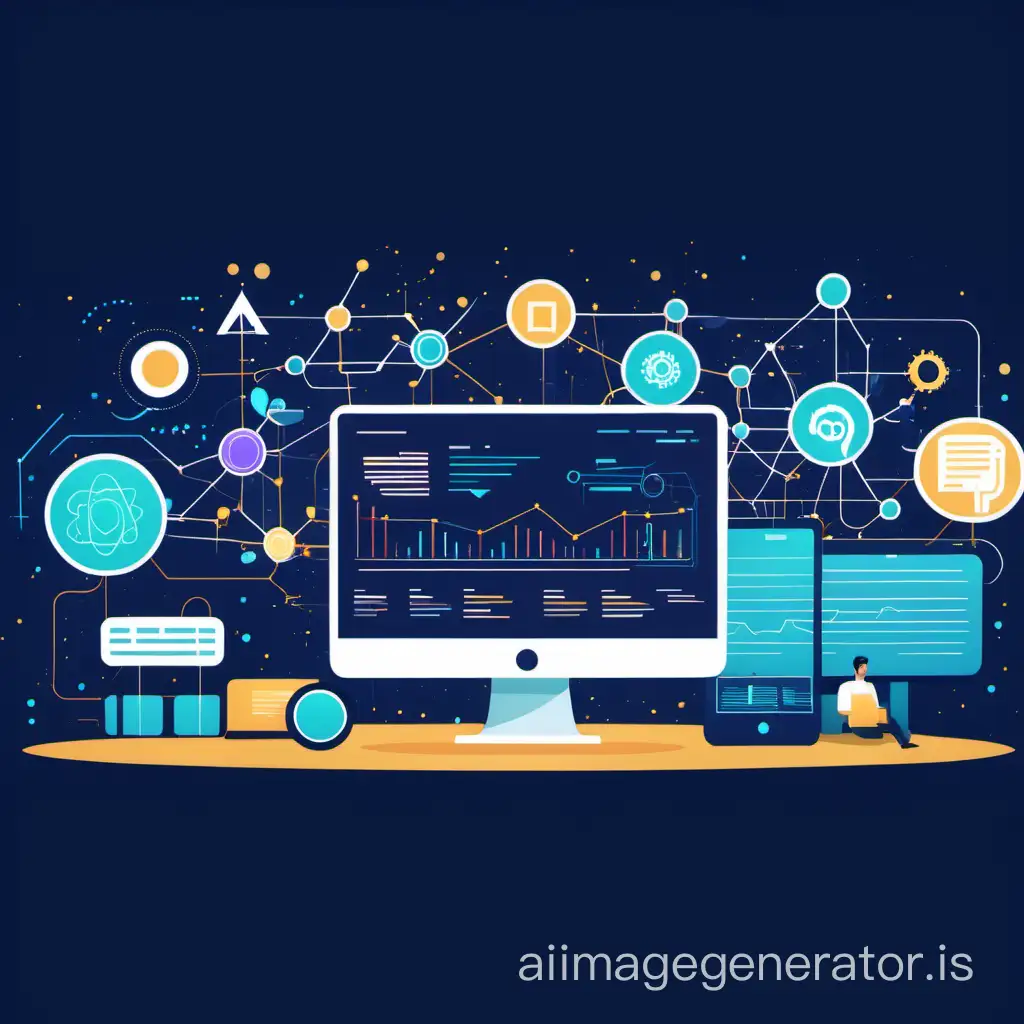
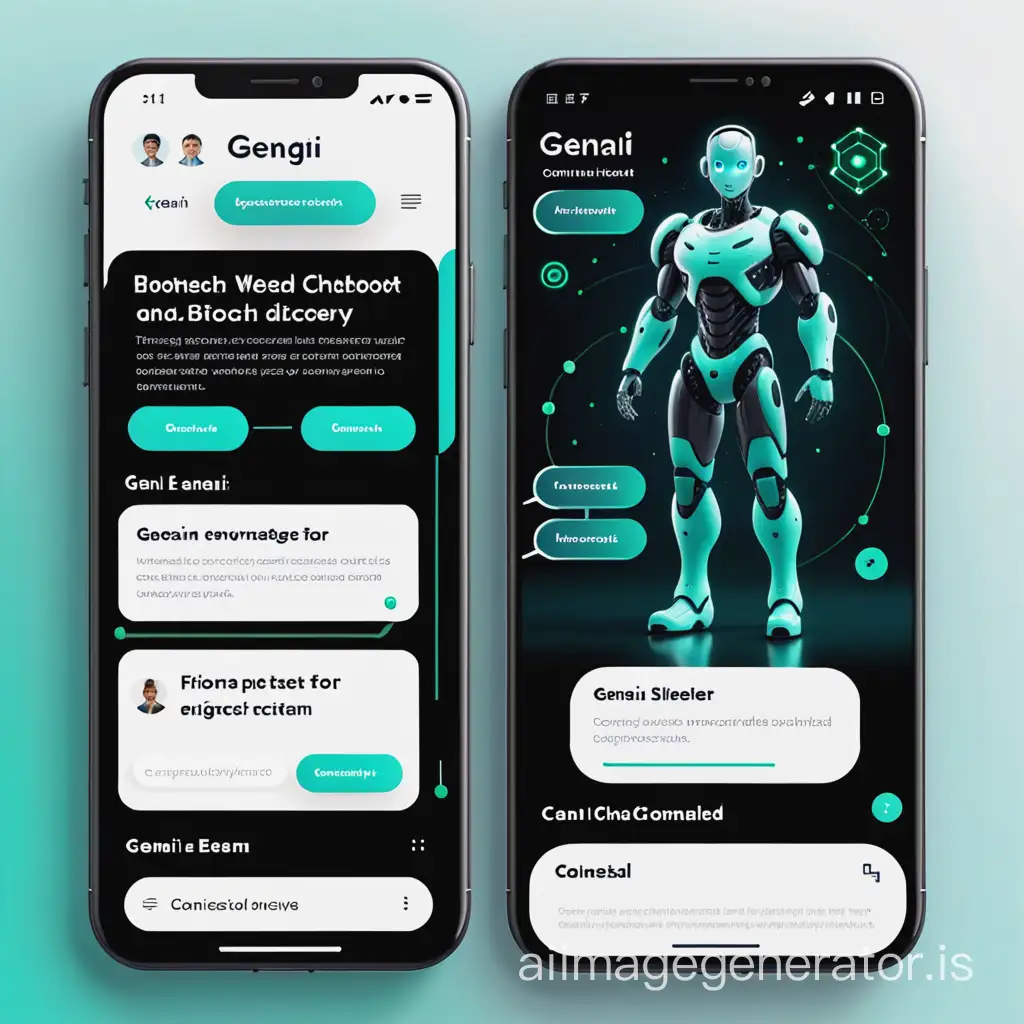
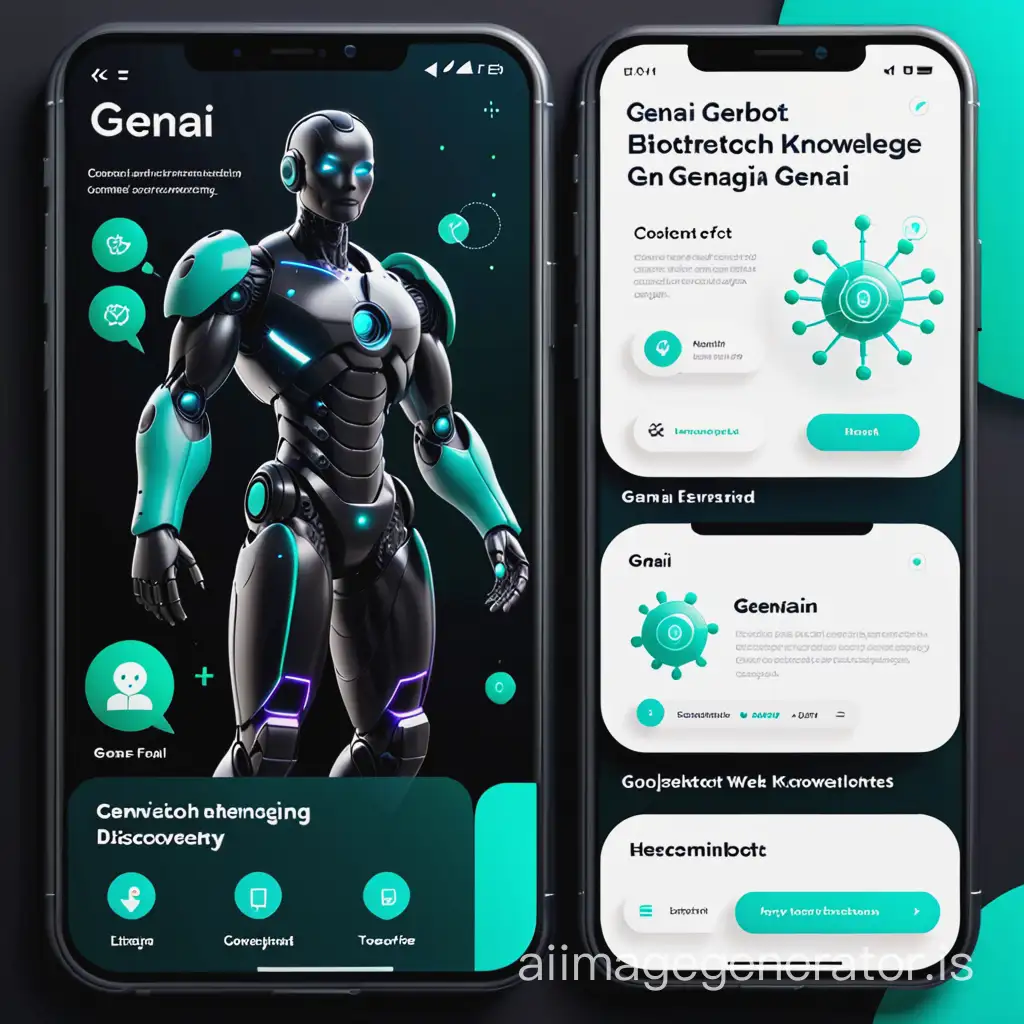
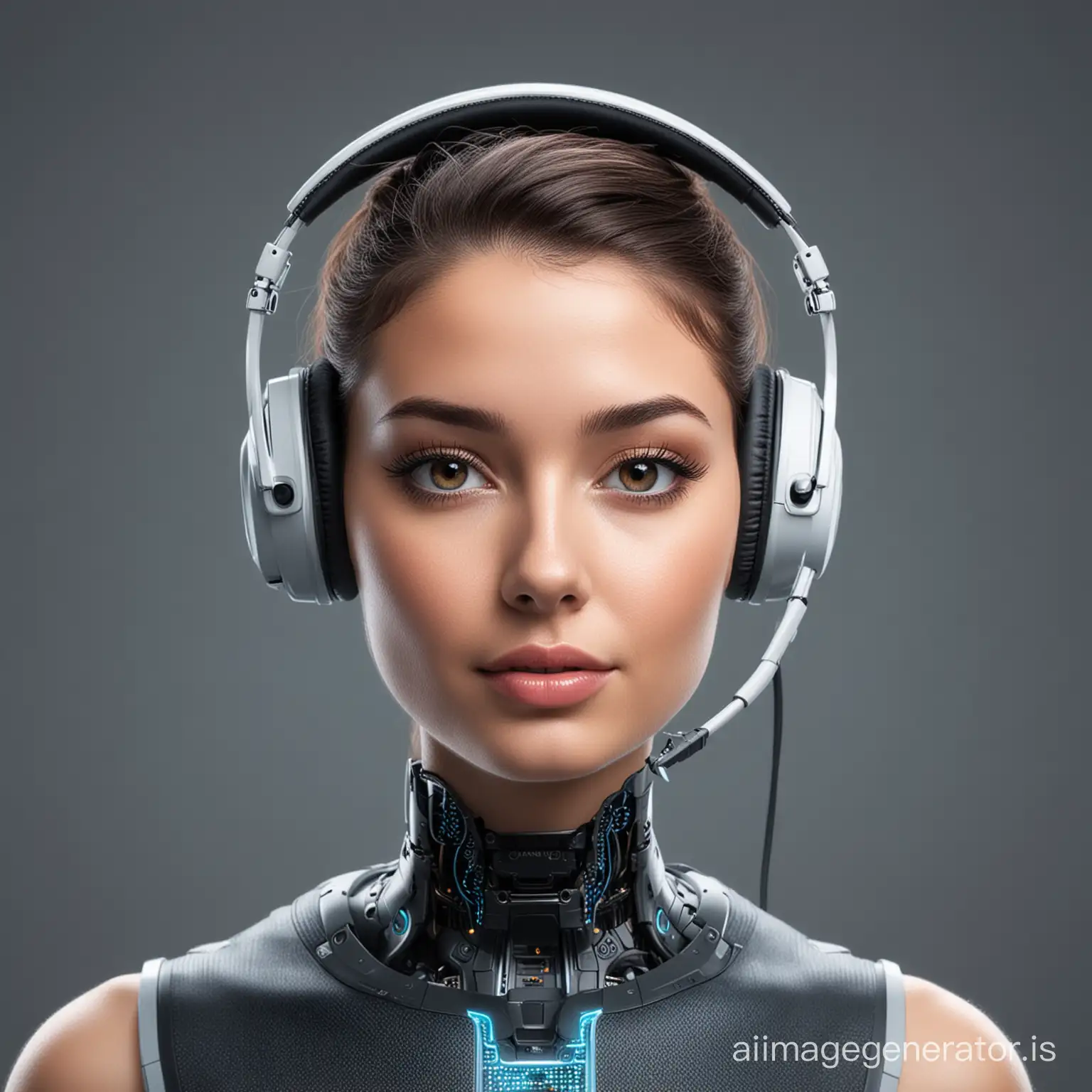
Related Tags
Chatbots are AI-driven programs designed to simulate human conversation. They can be found in various applications, from customer service to personal assistants like Siri and Alexa. Originating in the 1960s with programs like ELIZA, chatbots have evolved significantly, leveraging advanced machine learning and natural language processing techniques. These AI tools are now integral to modern digital interaction, enhancing user experience and operational efficiency.
Understanding Chatbots: Definition and Background
Chatbots are characterized by their ability to process natural language, learn from interactions, and provide contextually relevant responses. They are widely used in customer support, automating responses to common inquiries, and in e-commerce, guiding users through purchasing processes. Other applications include virtual health assistants, educational tutors, and entertainment bots, showcasing their versatility in various industries. The use of chatbots improves accessibility and provides personalized experiences to users.
Key Characteristics and Applications of Chatbots
Chatbots have significantly influenced how we communicate and interact with technology. They have become a staple in social media platforms, offering instant responses and engagement. In business, chatbots streamline customer service, reducing wait times and improving satisfaction. They also play a role in mental health support, offering initial counseling and resource recommendations. The integration of chatbots into daily life reflects their growing importance and acceptance in modern culture.
Impact of Chatbots on Modern Culture and Communication
The future of chatbots lies in enhanced personalization and contextual understanding. Advances in AI, particularly in deep learning and natural language understanding, will enable chatbots to engage in more nuanced and human-like conversations. Integration with Internet of Things (IoT) devices will expand their functionality, allowing for more seamless interactions across different platforms. Additionally, ethical considerations and data privacy will shape the development and deployment of chatbots, ensuring they are used responsibly and transparently.
Future Development Trends in Chatbot Technology